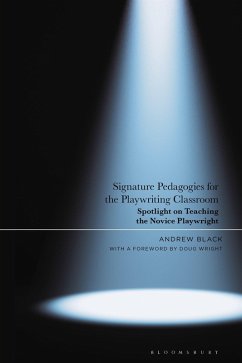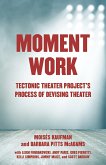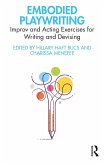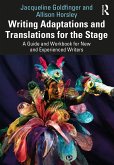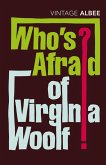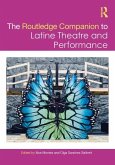Drawing on qualitative research exploring the techniques of playwriting instructors, this book outlines signature pedagogies within playwriting instruction for 'novice' writers and how they may be reimagined and reinvigorated. Through research gathered in interviews with 11 instructors, and surveying their methods, syllabi and handouts, Andrew Black interrogates key challenges within dramatic writing pedagogy: the myth that it, along with creativity, cannot be taught; the lack of clarity about the instructional value of playwriting education for diverse contemporary audiences; the tendency to allow the writing product to drive instruction rather than process; and the tension between traditional and experimental models of play construction and how this can confound instructional techniques. Identifying 3 indispensable and signature pedagogies that are consistently used in the classroom - the writing exercise, the use of mentor texts and the workshopping of student material, this book describes key strategies and practices used by seasoned instructors which bring these pedagogical strategies to life, strategies which can support instructors in reimagining their playwriting classrooms. An intervention for "lorebased" pedagogical models that are often out of date and reflect the biases of previous generations, Black offers a starting point for instructors developing their first lesson plans that are inclusive and which offers a comprehensive understanding of the options available for them to use with their students.
Hinweis: Dieser Artikel kann nur an eine deutsche Lieferadresse ausgeliefert werden.
Hinweis: Dieser Artikel kann nur an eine deutsche Lieferadresse ausgeliefert werden.

